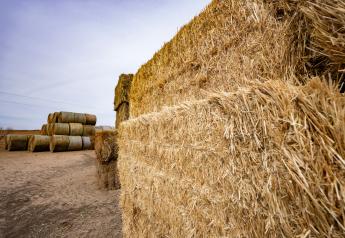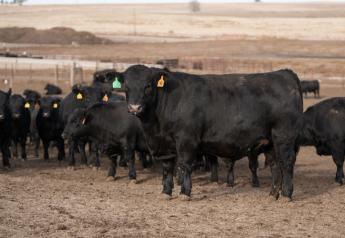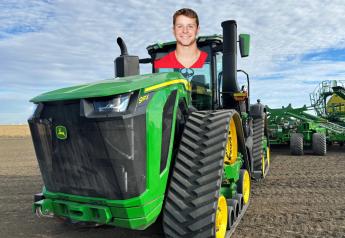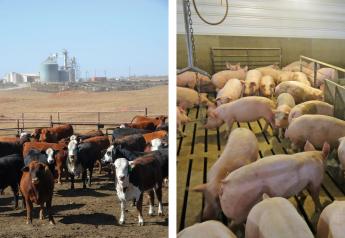NCBA Issues Statement About Coronavirus Impact to Beef Supply Chain
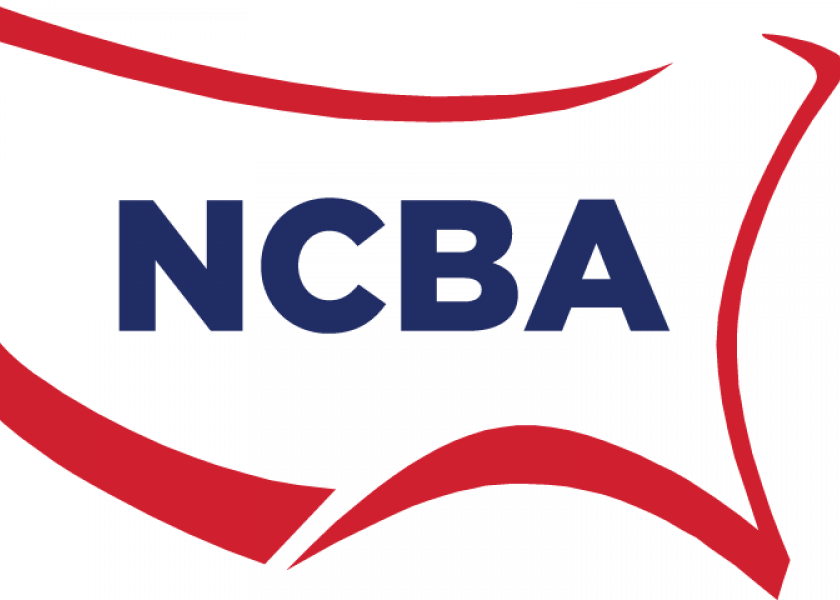
There is a great deal of uncertainty about the ongoing impact of Coronavirus on the beef industry and the United States as a whole. At this time, it’s impossible to measure the full effects of the virus or determine how it may continue to unfold. Although the full beef supply chain is being challenged by the outbreak, all segments of the industry are working closely together and must continue to do so. The current uncertainty facing beef producers is shared by all of agriculture and every American. By working together, we will overcome these obstacles.
As Coronavirus has spread in the United States, NCBA has been in daily communication with participants from every sector of the beef supply chain. We’re working closely with cow-calf producers, stocker operators and feedlots. We’re also communicating regularly with packing sector participants, restaurant and retail operations. Every one of these operations is facing unique challenges and many shared burdens. As we continue to work through this crisis, we must do everything in our power to safeguard every sector of the business from disruption while ensuring cattle and beef continue to move in an orderly manner.
In addition to working within the beef community, NCBA is working closely with Congress, USDA and many other regulatory agencies to remove possible barriers to beef production. Our work in Washington, D.C., will help keep the supply chain full and create the necessary food security required by consumers through the entirety of this event. Consumer demand for beef remains strong, and producers across the industry remain ready to provide the safe, delicious, high-quality protein that’s required and desired around the globe.
NCBA will continue to work with our members and partners throughout the beef supply chain to facilitate communication. By working together, every segment of the beef community can serve a role in returning the industry to normalcy as quickly as possible.
Listen to more in the podcast below.



